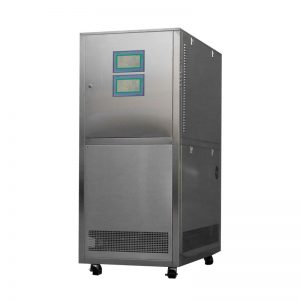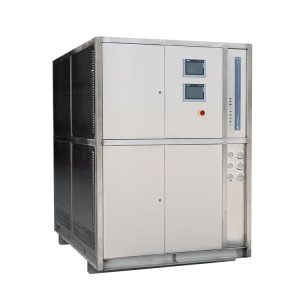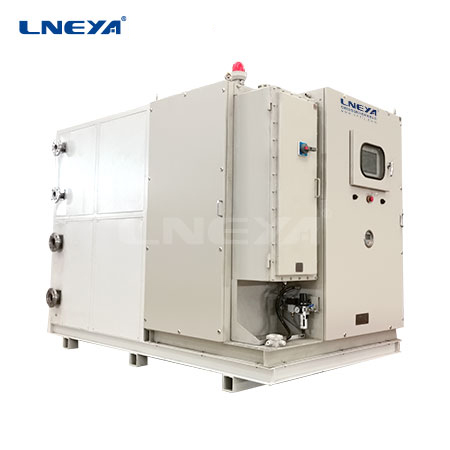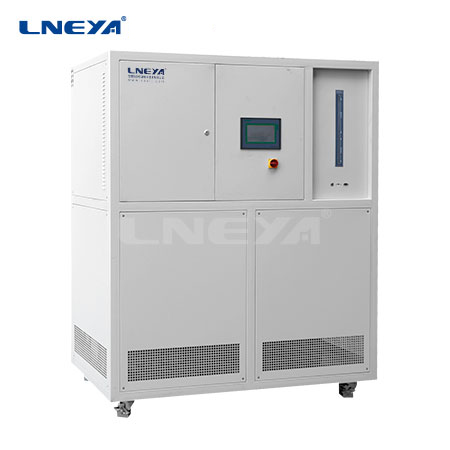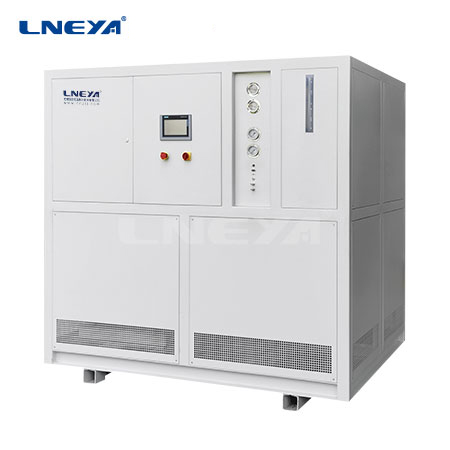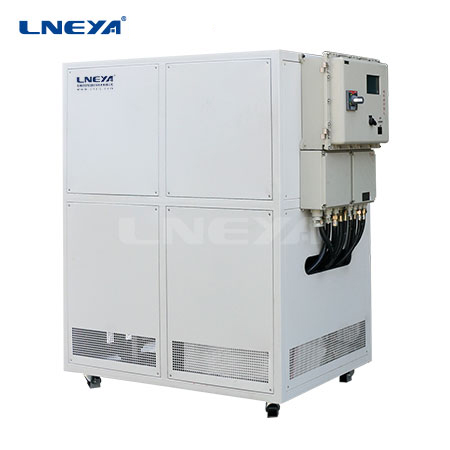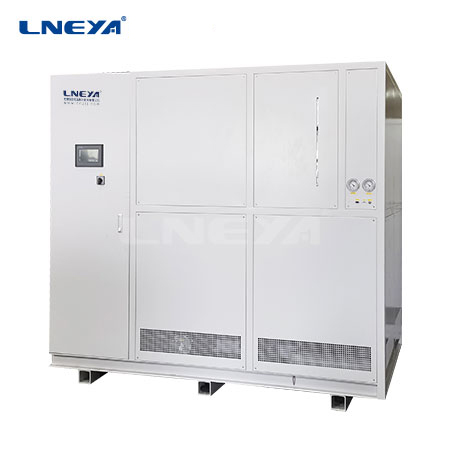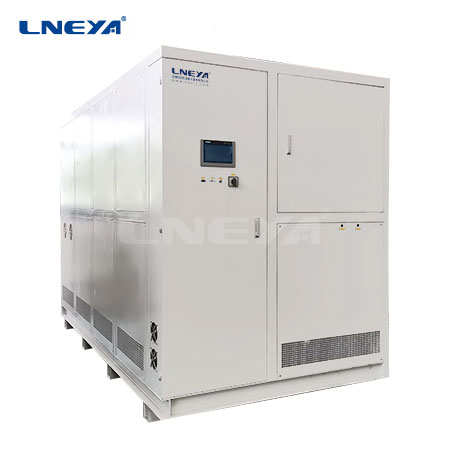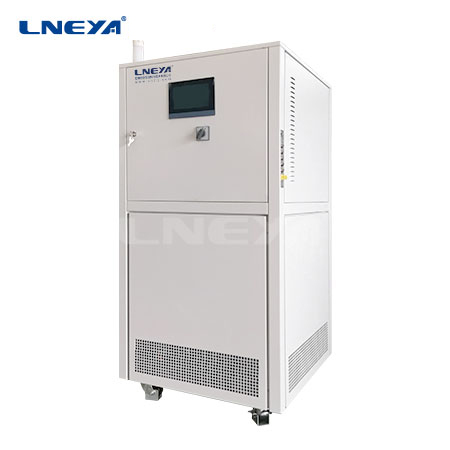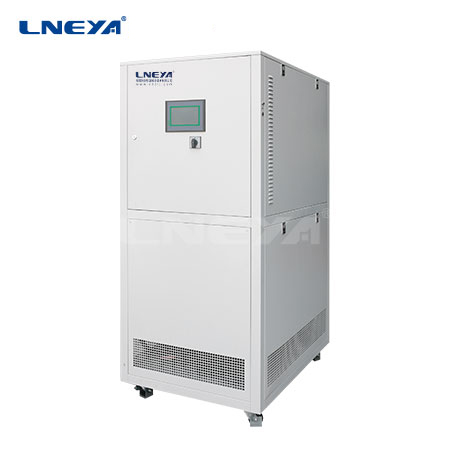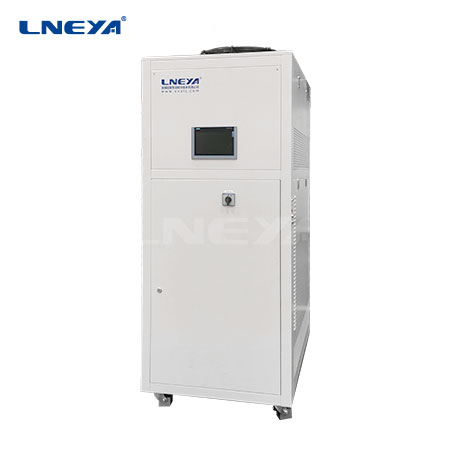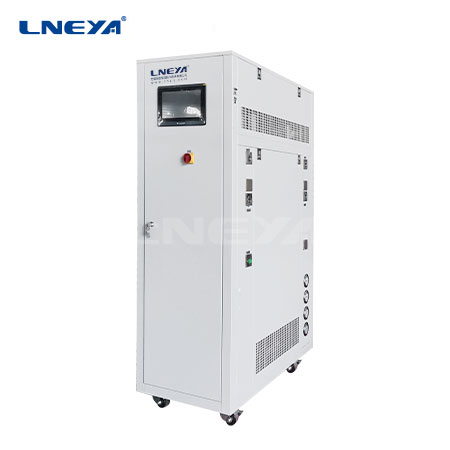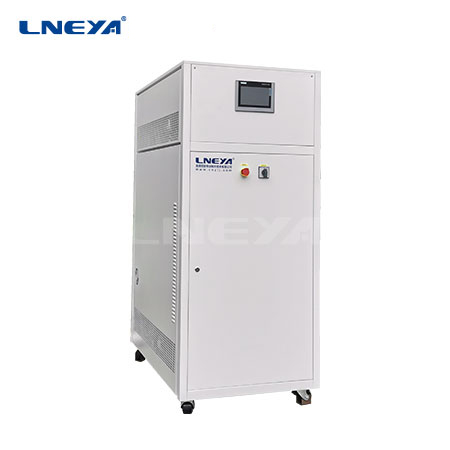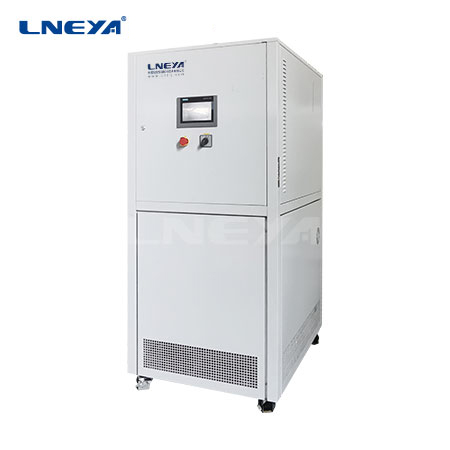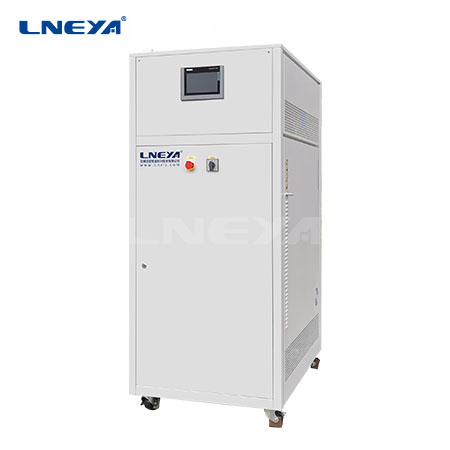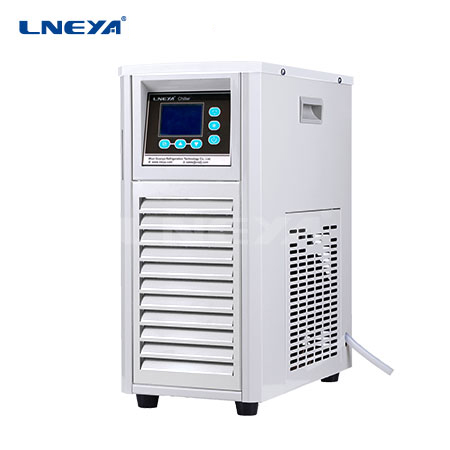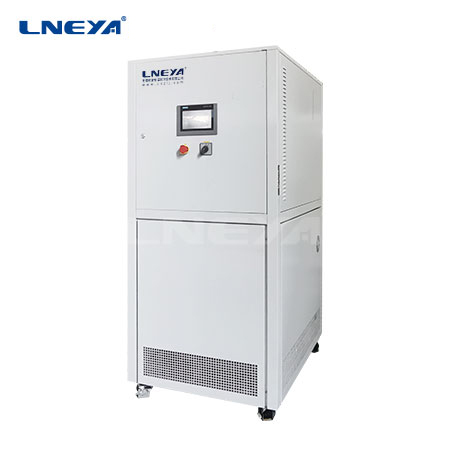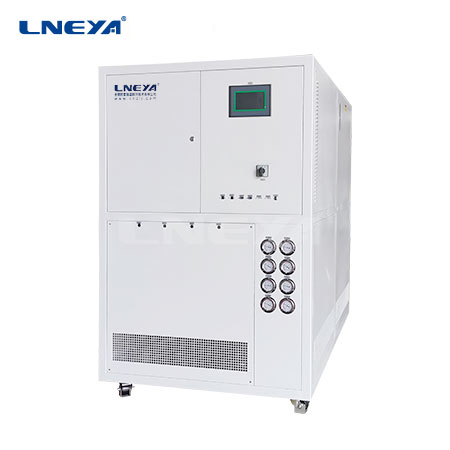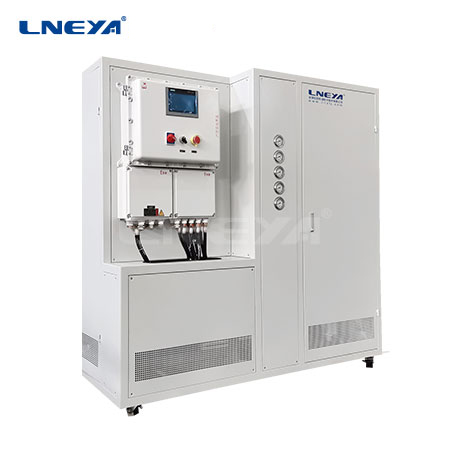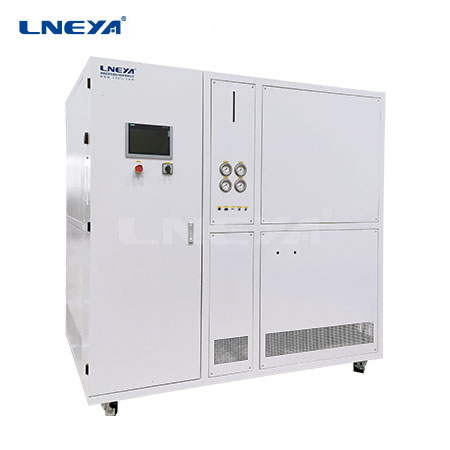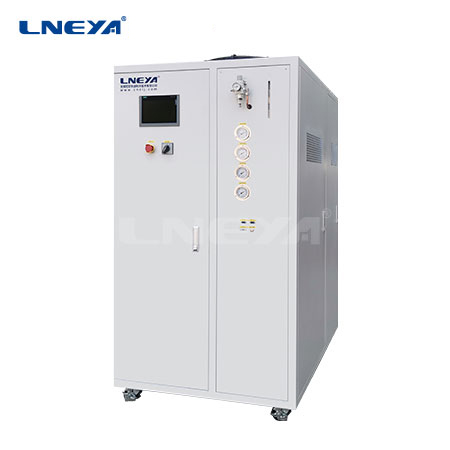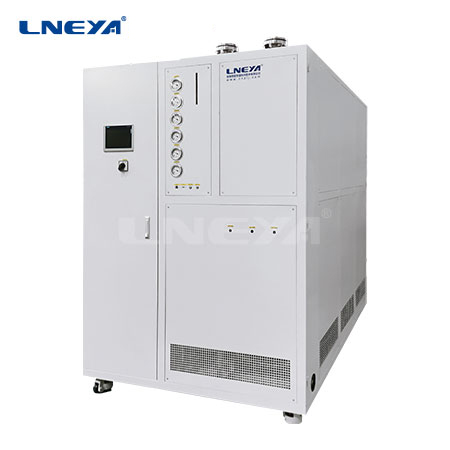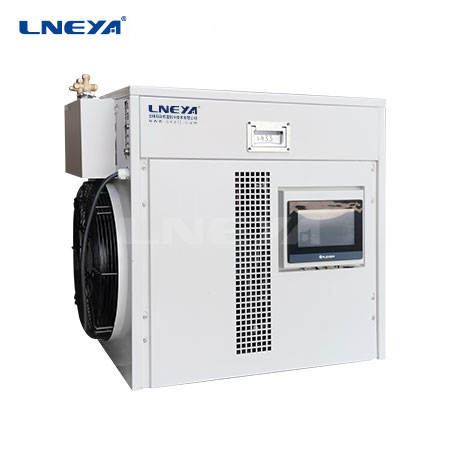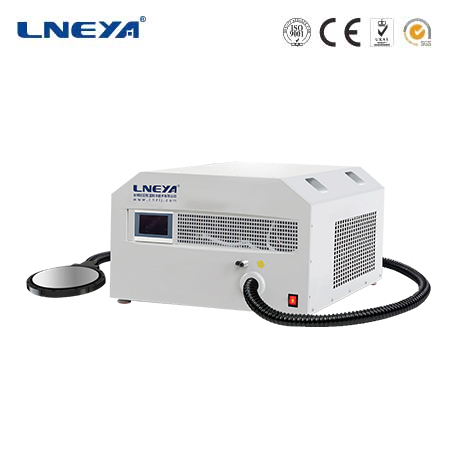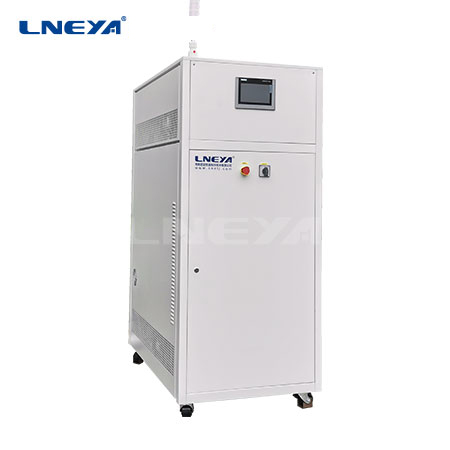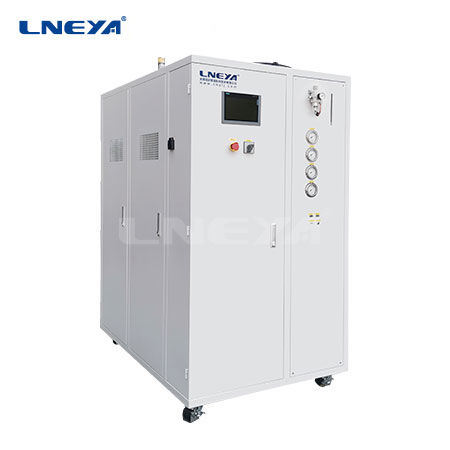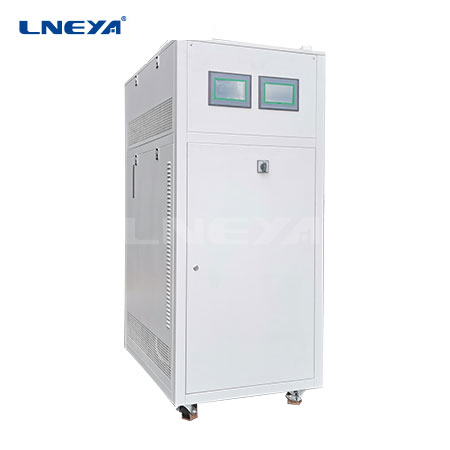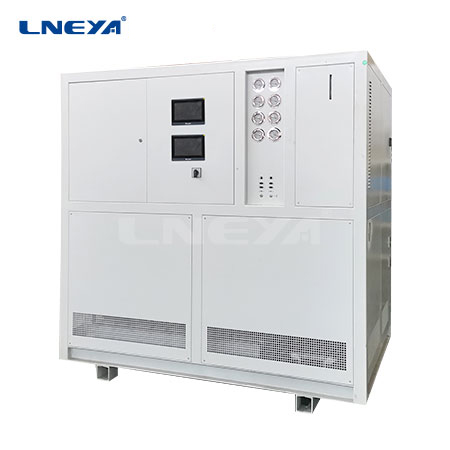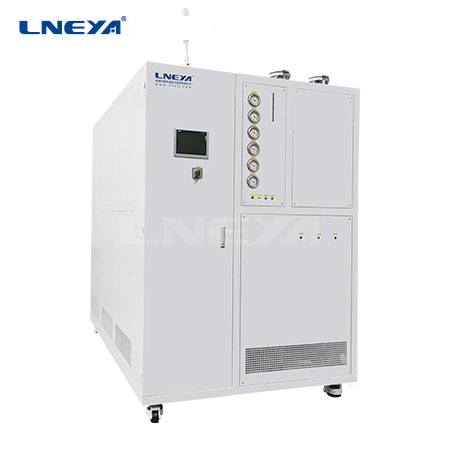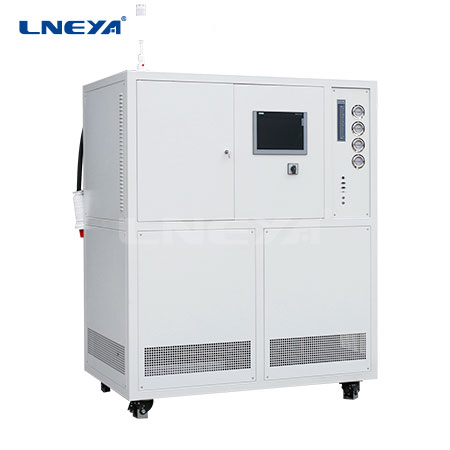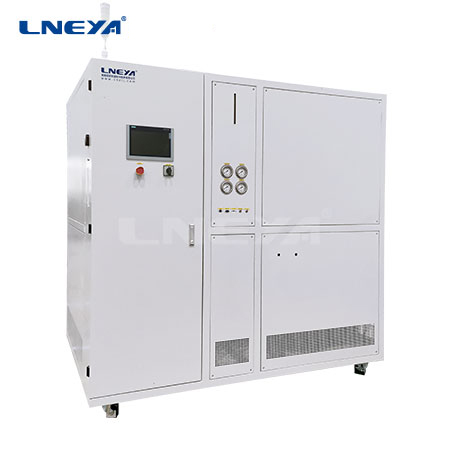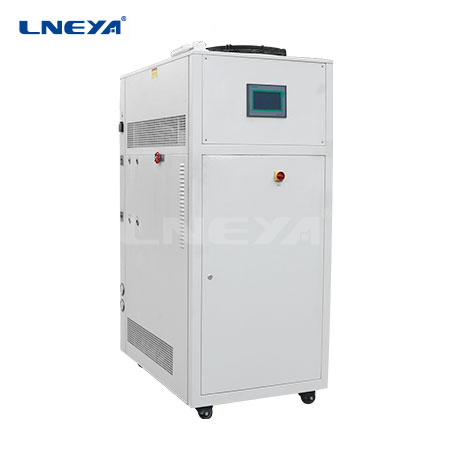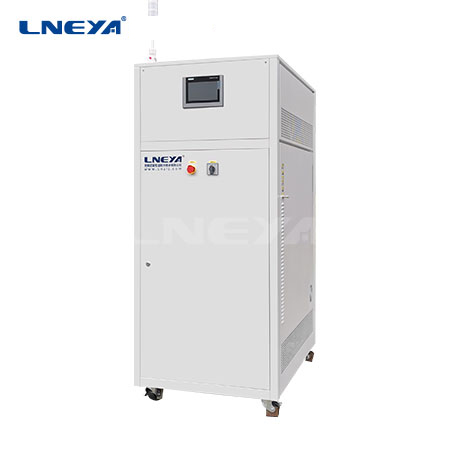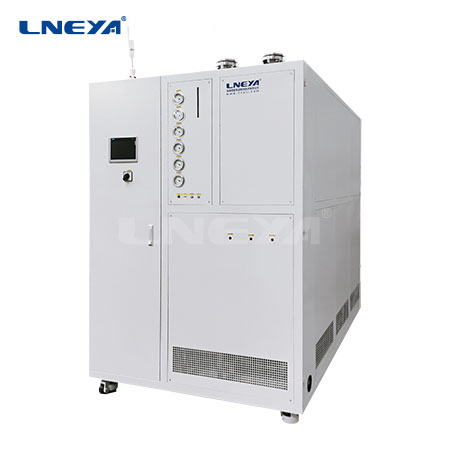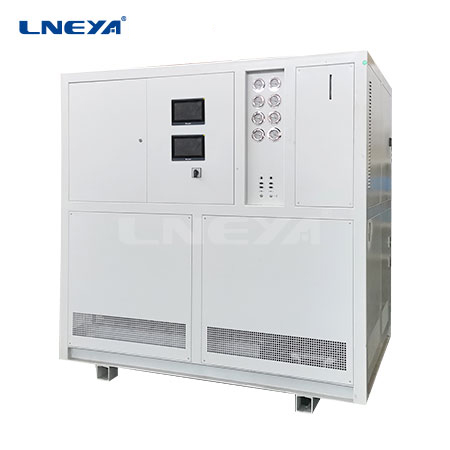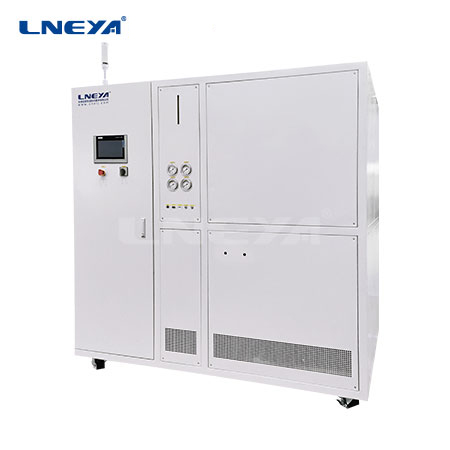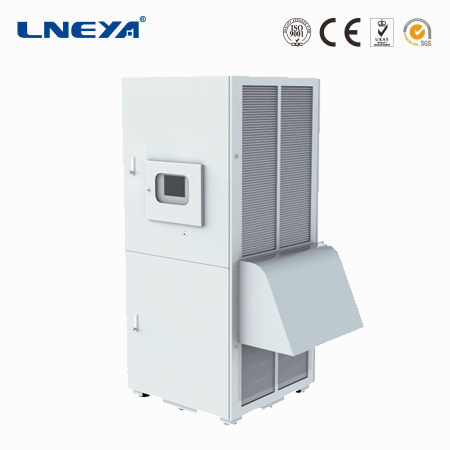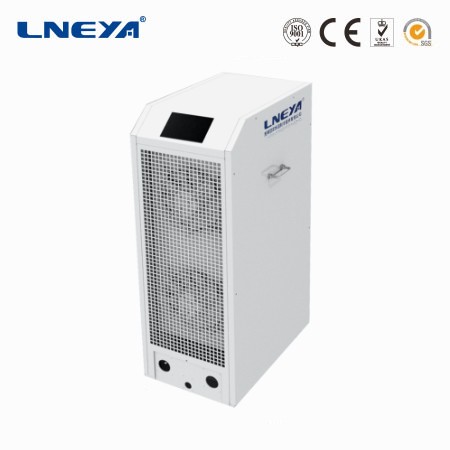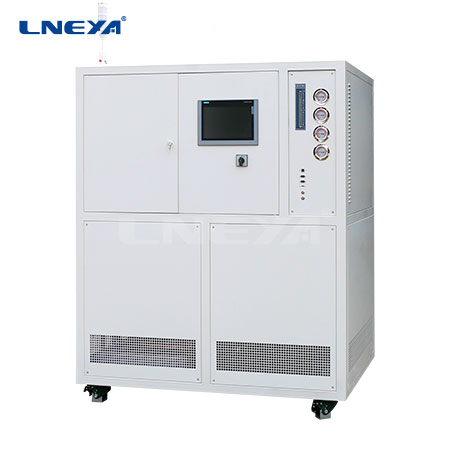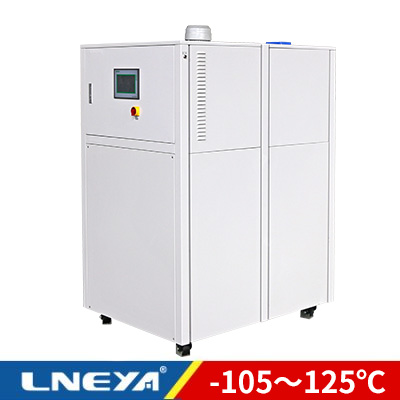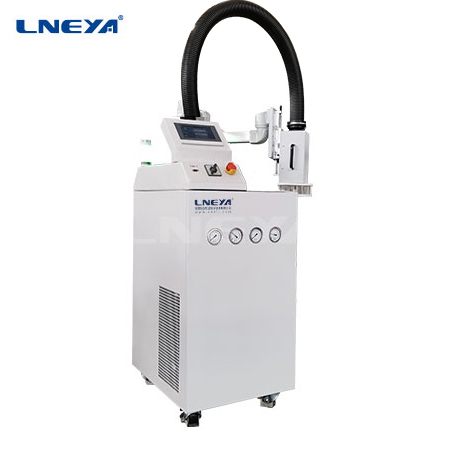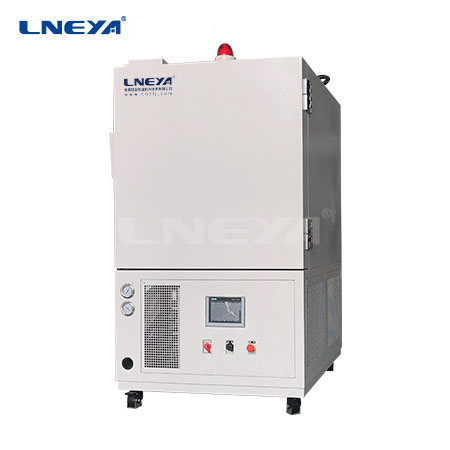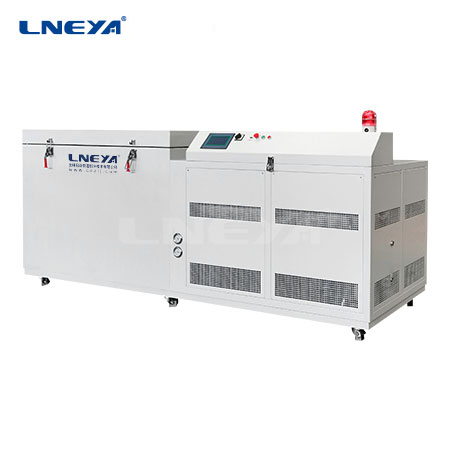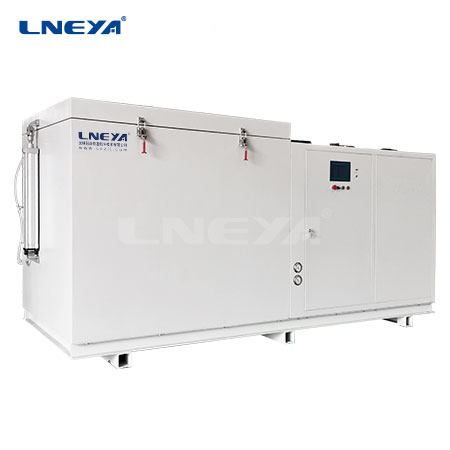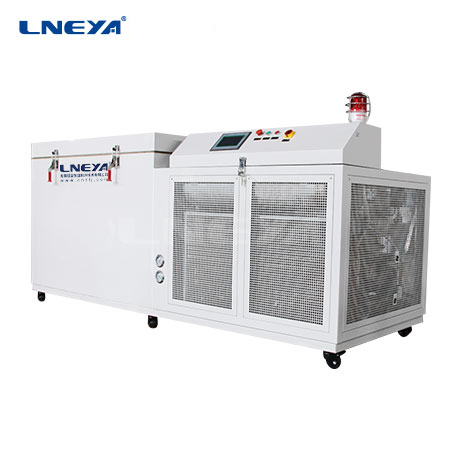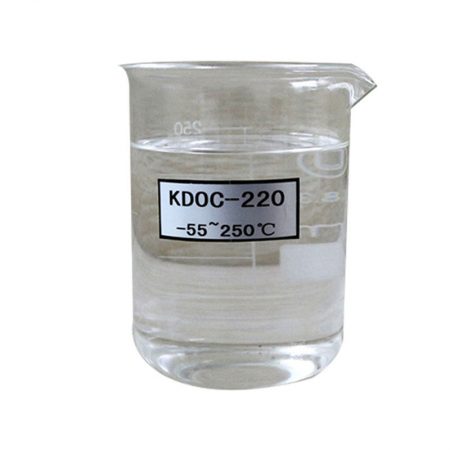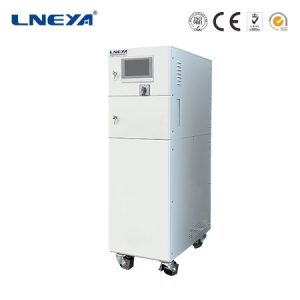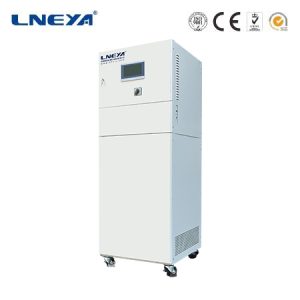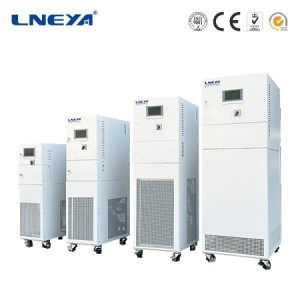Understanding the Difference Between Chillers and Coolers
In the realm of cooling technologies, the terms “chiller” and “cooler” are frequently used, but their meanings and applications can vary significantly. To make an informed decision when choosing a cooling system, it is essential to understand the fundamental differences between chillers and coolers.
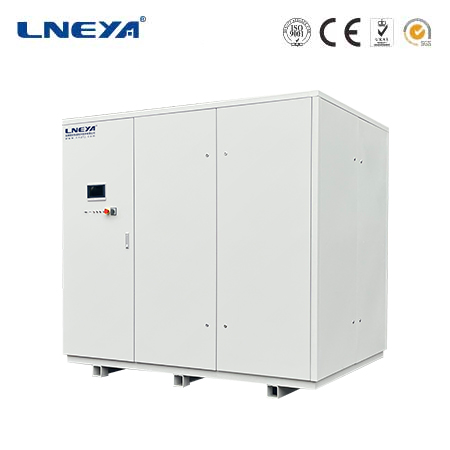
Definition and Design
Chillers: Chillers are complex, closed-loop systems that utilize a refrigeration cycle to transfer heat from an indoor space to an outdoor environment. They are designed to cool water or another liquid, which is then circulated through a building’s HVAC system to provide cooling. Chillers are typically large and are used in commercial and industrial applications, such as office buildings, factories, and data centers.
Coolers: Coolers, on the other hand, are often smaller, direct expansion (DX) units that cool air directly without the use of a secondary fluid. They are commonly used for spot cooling, such as in refrigeration cases, display cabinets, or small-scale industrial processes. Coolers can also refer to liquid coolers used in industrial processes or for cooling electronic equipment.
Applications
Chillers: The primary application of chillers is in large-scale HVAC systems where they provide centralized cooling. They can also be used for process cooling in industries such as chemical manufacturing, food processing, or plastic injection molding, where a consistent temperature is required for the process.

Coolers: Coolers are used for localized cooling needs. For example, walk-in coolers and freezers in the food industry, or coolers in beverage vending machines. They are also used in air conditioning systems for individual rooms or spaces where a dedicated cooling unit is more practical than a central system.
Efficiency and Performance
Chillers: Chillers are known for their high efficiency, especially when operating at part-load conditions, which is common in HVAC systems. They often use advanced technologies like variable frequency drives (VFDs) and magnetic bearing compressors to optimize energy consumption.
Coolers: The efficiency of coolers can vary widely depending on the design and application. Some coolers, such as those used in refrigeration, may have specific efficiency requirements, while others may be designed for simplicity and ease of maintenance over efficiency.
Operational Principles
Chillers: Chillers operate on the principle of the refrigeration cycle, which includes stages like compression, condensation, expansion, and evaporation. The refrigerant circulates through this cycle, absorbing heat at the evaporator and releasing it at the condenser.
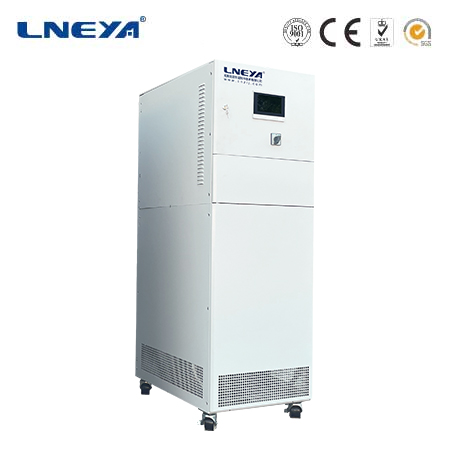
Coolers: Coolers can operate on similar principles but are often designed for direct cooling without the need for a secondary fluid. They may use air or other gases as the cooling medium, which is then circulated or expelled to cool the environment.
Selection Criteria
When choosing between a chiller and a cooler, several factors should be considered:
Cooling Capacity: Chillers are designed for larger cooling capacities, while coolers are suited for smaller, localized applications.
Space Requirements: Chillers often require more space due to their size and the need for a separate condensing unit, whereas coolers are typically more compact.
Energy Efficiency: Chillers are generally more energy-efficient for large-scale cooling, while coolers may be more energy-efficient for their specific application.
Cost: Chillers are typically more expensive due to their complexity and capacity, while coolers are generally more affordable.
Conclusion
In summary, chillers and coolers serve different purposes and operate on similar yet distinct principles of cooling. Chillers are large-scale systems designed for centralized cooling in HVAC applications, while coolers are smaller units for direct or localized cooling. Understanding the differences in design, applications, efficiency, and operational principles is crucial for selecting the appropriate cooling system based on specific needs and environmental considerations.
 LNEYA
LNEYA
 简体中文
简体中文










